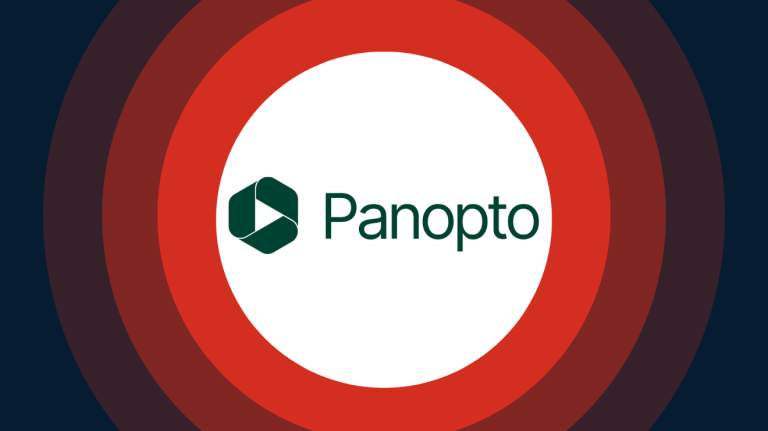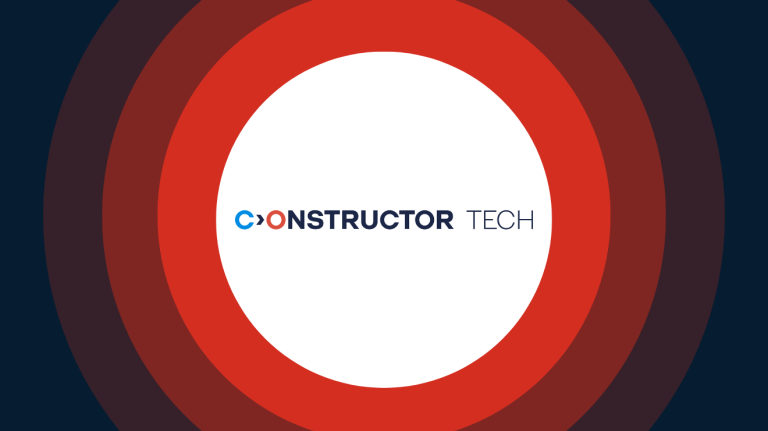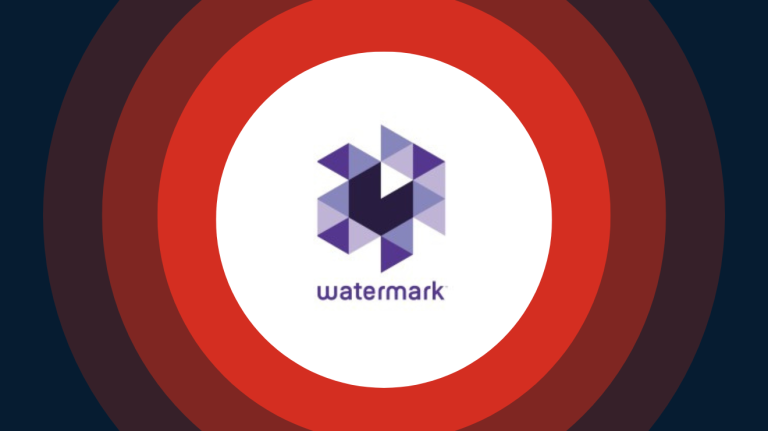Staying compliant with your state’s student data privacy laws involves understanding what is required and having ready, ongoing visibility into what tools your students and educators are using. With a steady influx of new education technology, this is no easy feat. Districts and state education agencies must keep up with how they review, approve, purchase and implement tools in order to maintain compliance with state data privacy requirements and minimize risk to student data privacy. Minnesota is one of the latest states to enact legislation to ensure these safe practices.
The Minnesota Government Data Practices Act states that educational data is any data associated with public educational agencies as it relates to students. A student's private educational data cannot be disclosed to a third party unless permission has been given by a legal guardian or an exception applies. Although the Family Educational Rights and Privacy Act (FERPA) was originally passed in 1974, the new laws passed at the state level earlier in 2022 continue to modernize the approach to keeping student data safe.
Josh Sumption, Chief Technology and Information Officer with the Southwest West Central Service Cooperative (SWWC), has the responsibility of not only providing access to internet services and tools but also taking the steps to digitally protect students throughout the region. He knew he needed a partner to help SWWC member districts comply with the new law.
“Data security and privacy are high priorities, and we want to apply best practices to protect our students, which led us to partner with LearnPlatform – with the purpose of becoming compliant with our new Minnesota Student Data Privacy Act,” Sumption said.
SWWC serves 52 rural districts of varying sizes. Coming into any relationship, Sumption knew that it was imperative for all students to have access to safe tools and for education leaders to have confidence in the data storing and sharing practices of the tech providers with which they partner. Discussions of the new laws beginning to take place had set the stage for an imminent shift in focus from cybersecurity to data privacy for students. This shift led to a need for improved communications and processes in place as the region began to take inventory of their edtech tools – a collection of nearly 850 tools – with LearnPlatform’s Inventory Dashboard. Now, with Minnesota having a bill that prioritizes the privacy needs of all students, Sumption’s team had the support from LearnPlatform to approach these challenges to continue to vet providers and meet student data privacy compliance laws.
“LearnPlatform came out on top as far as the ability to build out a collaborative model. Its approach empowers districts to have the ability to meet state compliance and student data privacy practice requirements,” Sumption said.
These laws have made it so that the surveillance and access to certain student data require a more tactical approach. Access must be done with the reason of educational intent, and providers must destroy any student data within a particular amount of time. With LearnPlatform, SWWC has the ability to execute privacy contracts with vendors and has visibility into providers’ privacy policies and evidence base through a shared edtech library, thus further providing confidence in their ability to keep students safe. Access to this library allows education leaders a quick and clear line of sight into the approved and compliant tools in which a tool’s privacy information and compliance can easily be shared throughout the region.
“A lot of time and effort has been saved in using LearnPlatform. It crowdsources the review and vetting processes, lessening the burden on our school districts,” Sumption said.
With LearnPlatform, his team is able to maintain statewide compliance with their edtech tools while having the much needed visibility and communication with its partners. Prior to using LearnPlatform, the team used a shared spreadsheet, an unsustainable method considering the volume of tools used regionally. LearnPlatform serves as a singular place to store data on edtech engagement and efficacy as it informs state policy and planning. Going forward, the team will continue to vet and identify tools that meet state laws while achieving their ultimate goal – keeping students safe.
Related Content
 panapto-blog-thumbnail.png
panapto-blog-thumbnail.pngBlogs
 constructor-tech-blog-thumbnail.png
constructor-tech-blog-thumbnail.pngBlogs
 canva-watermark-blog-thumbnail.png
canva-watermark-blog-thumbnail.pngBlogs
